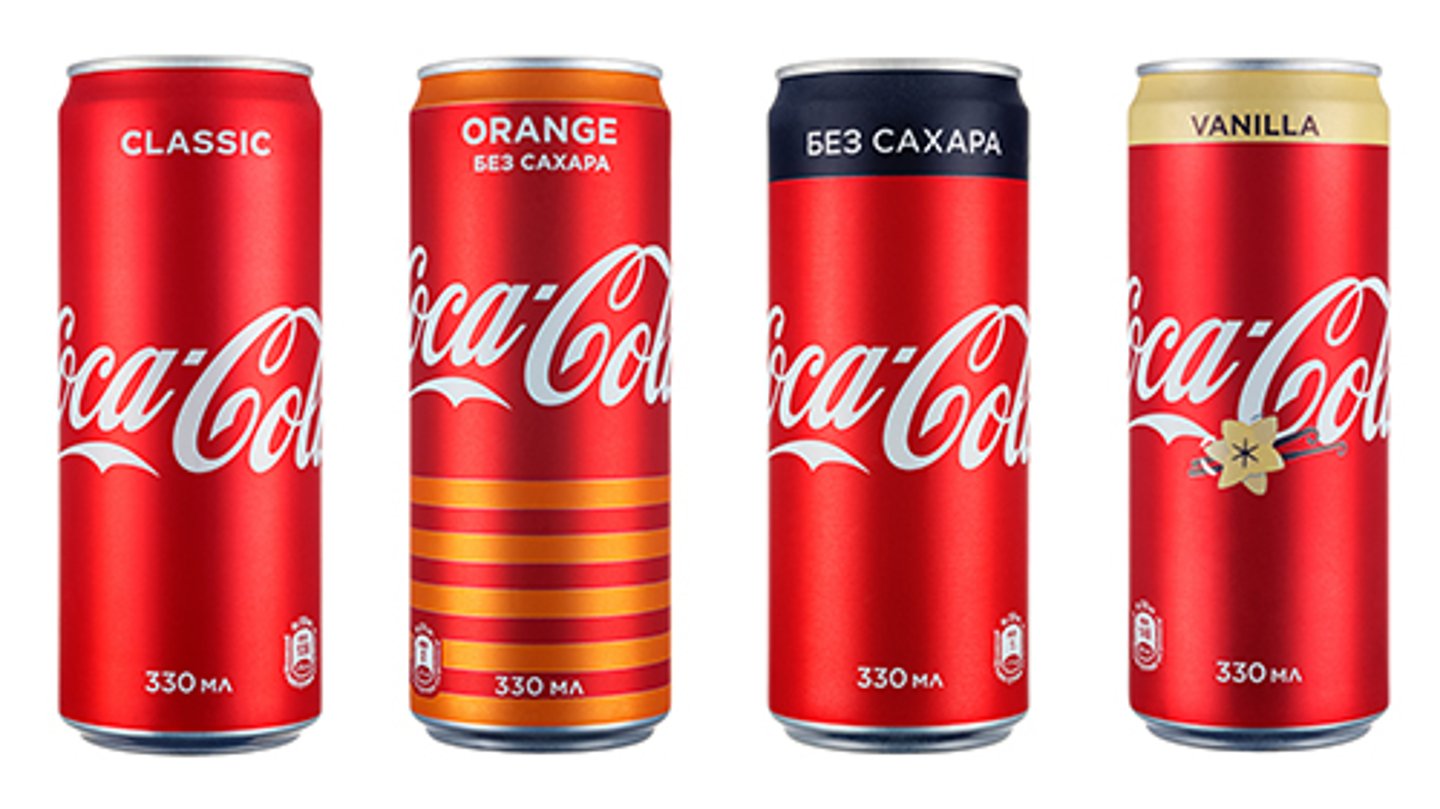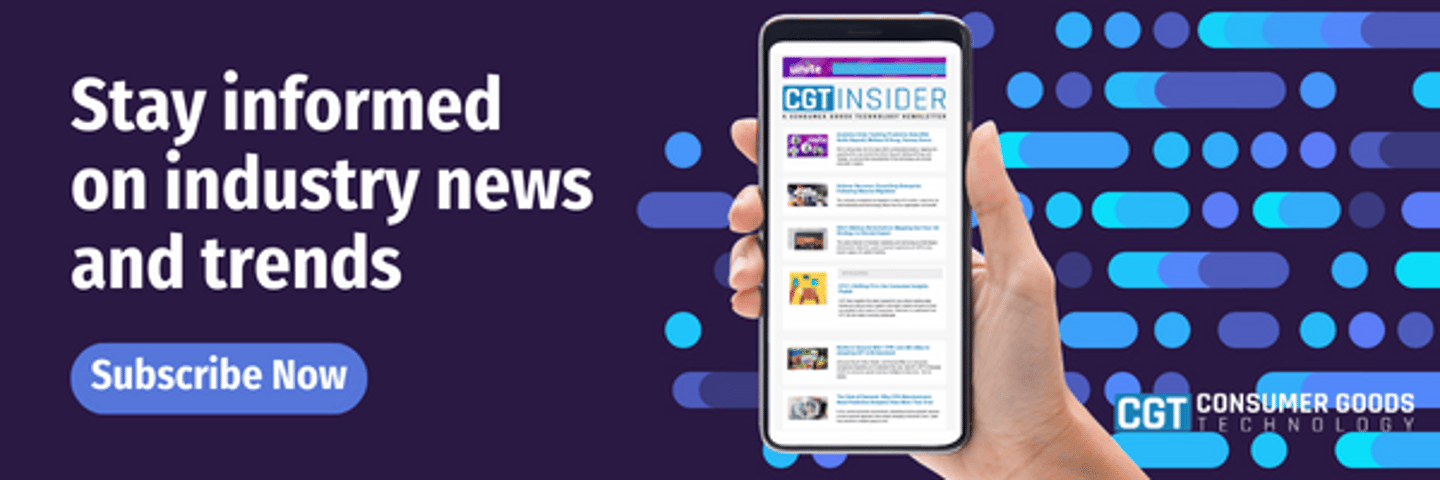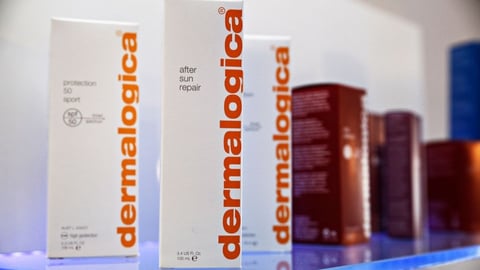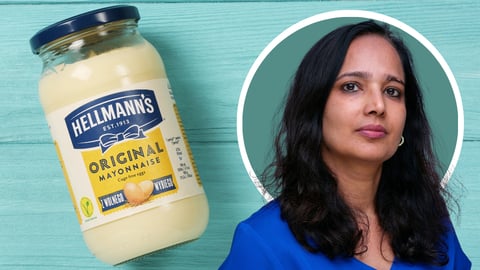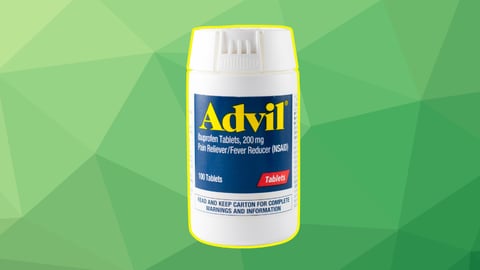Coca-Cola Signs As Early Partner for OpenAI’s ChatGPT, DALL-E Generative AI
The Coca-Cola Company will leverage OpenAI’s generative AI technology for marketing and consumer experiences — and potentially other ways — marking it as one of the first major consumer goods companies to publicly announce use for the much-buzzed-about technology.
Generative AI is a series of artificial intelligence algorithms that can be used to quickly create text, images, and other content. Coca-Cola will team with OpenAI and Bain & Company to use OpenAI’s ChatGPT and DALL-E platforms to craft personalized ad copy, images, and messaging, the companies announced in a press release.
Coca-Cola CEO James Quincey said they see opportunities to enhance marketing with the rapidly-emerging technology and that they’re also exploring ways to improve business operations and capabilities.
Coca-Cola, the No. 11 publicly owned consumer goods company, is the first company to sign on to the new alliance formed by Bain and OpenAI, who are partnering to bring the technologies to Bain’s clients. Zack Kass, head of go-to-market at OpenAI, praised the company’s vision for adoption of the tech, calling it “the most ambitious we have seen of any consumer products company.”
Quirks and Quandaries
Coca-Cola’s early foray into generative AI is unsurprising given its prioritization of localized marketing efforts. The company has been piloting a host of other AI-fueled initiatives around the world to drive more personalized consumer and retail experiences.
Indeed, many within the consumer goods industry see vast potential for the tech to quickly streamline operations and, as with other automation, free them up for higher-value work. Imteaz Ahamed, director of performance marketing for Reckitt, noted to CGT recently that it has the potential to enable his teams to create content for thousands of use cases, in multiple languages with personalized messaging, extraordinarily quickly.
Acclaimed by many for its ability to generate conversational text, images, and other content in seconds, generative AI like ChatGPT has dominated headlines for both its rapid adoption and its areas in obvious need of improvement. In addition to confidently relaying false and/or biased information, known as “hallucinating,” the technology has been criticized for potentially infringing on copyrights and just getting really, really weird at times.
For its part, OpenAI and companies like Microsoft, which is building generative AI into its search, have acknowledged the shortcomings, noting that they’re gathering public feedback and continuously improving upon the models to make the technology safer.
As AI’s use becomes more widespread in marketing, CMOs are expected to identify accountability for ethical AI in marketing as one of their top concerns, according to Gartner, with 80% of enterprise marketers predicted to establish a dedicated content authenticity function to combat misinformation and fake material in the next few years.
“AI will continue to refine marketing operations processes to drive more agile, data-based responses to the challenges ahead that have no signs of slowing down,” said Nicole Greene, Gartner senior director, analyst.


